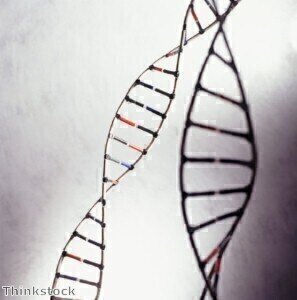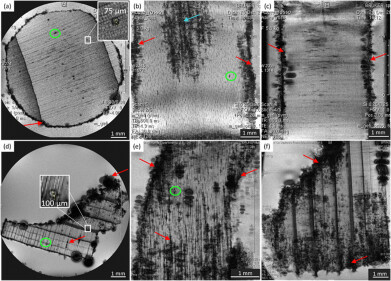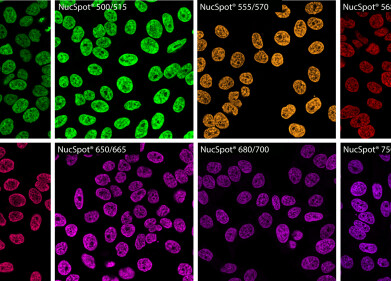Microscopy & Microtechniques
Multiple DNA repair defect in monocytes
Feb 02 2012
Scientists have found that monocytes are extremely sensitive to reactive oxygen species (ROS), which are aggressive forms of oxygen generated during states of oxidative stress.
Scientists at the University Medical Center in Mainz looked to address the undesirable effects of ionizing radiation and drugs used to treat cancer on the impairment of the immune system. The immune system ceases to function properly during treatment, however, which immune system cells respond most sensitively following radio and chemotherapy and which cells remain resistant is still unknown.
Professor Dr Bernd Kaina, director of the Institute of Toxicology at the University Medical Center in Mainz, commented that: "We were able to demonstrate that human monocytes are hypersensitive to reactive oxygen species (ROS), while macrophages and dendritic cells derived from monocytes by cytokine maturation are resistant."
This extreme sensitivity of monocytes after exposure to radiation, chemicals, and even oxidized low-density lipoprotein (oxLDL), plays a role in atherosclerosis.
Posted by Ben Evans
Digital Edition
Lab Asia 31.6 Dec 2024
December 2024
Chromatography Articles - Sustainable chromatography: Embracing software for greener methods Mass Spectrometry & Spectroscopy Articles - Solving industry challenges for phosphorus containi...
View all digital editions
Events
Jan 22 2025 Tokyo, Japan
Jan 22 2025 Birmingham, UK
Jan 25 2025 San Diego, CA, USA
Jan 27 2025 Dubai, UAE
Jan 29 2025 Tokyo, Japan



















